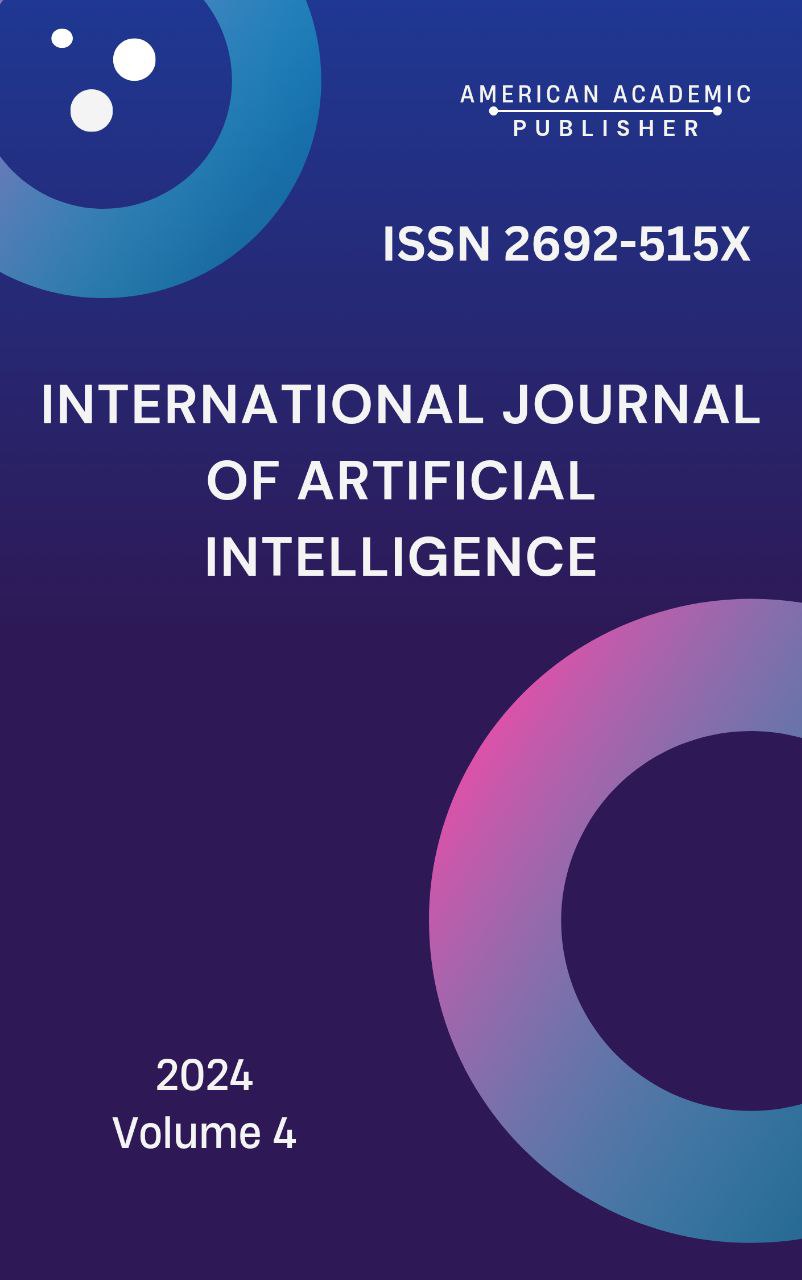 Articles
| Open Access |
Articles
| Open Access | THE ROLE OF ELECTRONIC DICTIONARIES IN LANGUAGE TEACHING
Qulmamatova Shakhnoza Azamjonovna , Teacher of the department №3 integrated course of English of the 3rd Faculty of English, Uzbekistan State World languages UniversityAbstract
"The Role of Electronic Dictionaries in Language Teaching" explores the impact and significance of electronic dictionaries as tools for enhancing language learning and teaching. The article discusses various aspects, including the advantages of using electronic dictionaries over traditional print versions, such as accessibility, user-friendliness, and the integration of multimedia resources. It highlights how electronic dictionaries can support vocabulary acquisition, improve reading comprehension, and facilitate independent learning among students. Additionally, the article examines the challenges educators face in effectively incorporating these digital resources into their teaching practices and provides recommendations for maximizing their potential in language education.
Keywords
electronic dictionaries, vocabulary acquisition, reading comprehension, digital learning tools, independent learning, educational technology, teaching strategies, lexicography.
References
Baker, M. (2006). “In Other Words: A Coursebook on Translation”. Routledge.
Benson, M. (2001). “The Role of Electronic Dictionaries in Language Learning.” Language Learning Technology, 5(3), 1-8.
Cohen, A. D. (2010). “Strategies in Learning and Using a Second Language.” Routledge.
Dictionaries in Language Learning: The Role of Electronic Dictionaries. (2014). In the Cambridge Handbook of Language Learning. Cambridge University Press.
Griffiths, C., Parr, J. (2001). “Language Learning Strategies: Theory and Practice.” ELT Journal, 55(3), 247-254.
Hulstijn, J. H. (1993). “Vocabulary Acquisition in a Second Language: Do Learners Really Need to Look Up Words?” Studies in Second Language Acquisition, 15(2), 151-164.
Article Statistics
Downloads
Copyright License

This work is licensed under a Creative Commons Attribution 4.0 International License.

